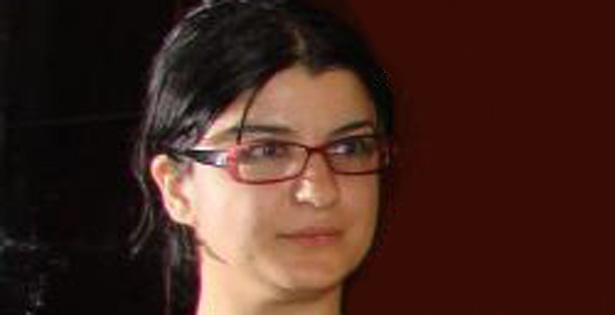Arab journalist: “Denial is a greater crime than the Armenian Genocide”

According to Hayern Aysor, Gracia Bitar Alrstum wrote the following in her article “100th Year of the Armenian Massacres” published in Lebanon’s Alsafir newspaper:
The Christians marched towards Sayida Alluiza University with Forget Me Not flowers in their hands. The Forget Me Not flower is a flower that sprouts from the snow, makes its way out, flourishes in February and multiplies by the thousands.
It is the symbol of the annihilation and resurrection of the Armenian people. By presenting the idea of this resistant flower, famous journalist George Krdahi announced the solemn opening of the event, which was organized by the University on the occasion of the Centennial of the Armenian Genocide.
Krdahi cited an Armenian poet’s poem entitled “Ap Meh Mokhir” (Palm of Ash) and emphasized that denial is a greater crime than the Genocide.
Among those attending the ceremony were Patriarch Bishara Boutrous, former President Emil Al Gemayel, General Michel Aoun and Ministers Ilias Abu Saab and Sajan Kizi, leader of the Syrian movement Habib Afram and other political, cultural, religious figures and students.
In his speech, Michel Aoun drew parallels between the past and the present and said the denial of pluralism and the single policy are not new and were the dream of founder of the Ottoman state Selim A. Sultan when the concepts of “Turkification” and “genocide” became the same concepts.
The past and present are so similar. Those massacres took place in front of the eyes of everyone who recorded, this, as well as estimated and received the victims. Among the people in that caravan are numerous Christians, Muslims and other minorities. However, no matter what they do, they can’t stop the advancement of civilization and lead it back to the centuries of barbarism.
In his speech, President Emil Al Gemayel mentioned that we salvation lies in our hands and that by disregarding self-love, bigotry and obsession of religion we can all shape the homeland of a person. You and I are not excavators, or people who add salt to the wound and pour oil hands. As we take a glance at the past, we try to learn from the trials so that we can perhaps unite as Lebanese and fight against the “fires” that are radical in the region.
After hearing the speech by the representative of the Armenian Patriarchate at the end of the ceremony, I ask myself until when will the world ignore the Armenian massacres.




 Արևելահայերեն
Արևելահայերեն Արևմտահայերեն
Արևմտահայերեն Русский
Русский






